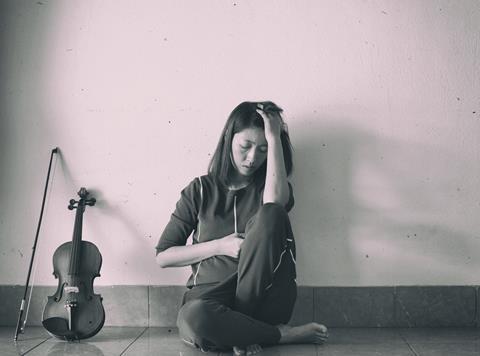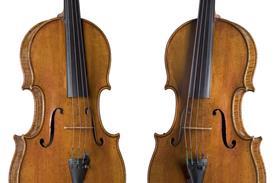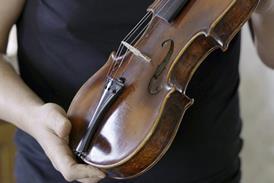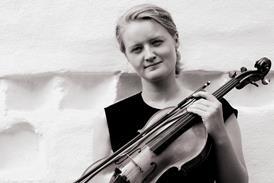Violist and clinical support therapist Neesa Sunar explores how teachers can call on their own lived experience as musicians to help pupils who are struggling with feelings of sadness or futility

Discover more Featured Stories like this in The Strad Education Hub
Read more premium content for subscribers here
Many dedicated music students and professionals are familiar with the feelings of futility, even despair, that occur when we compare our musical abilities with those of the greatest of talents. Even Shin’ichi Suzuki himself, in his book Nurtured by Love (1969), describes this tortured feeling as something quite normal for the dedicated young musician:
‘To hear the famous Berlin Philharmonic Orchestra, filled with so many excellent players, affected me adversely and made me even more miserable and helpless… I felt that I had no ability, and wanted to die. This kind of feeling more or less afflicts every young person, especially those who want to embrace art closely.’
In subsequent pages, Suzuki describes how he comforted himself: by upholding the truth that talent is not inborn, it has to be created. It is not magical ability, but rather the result of consistent practice, with musical proficiency evolving over time. This arguably is the foundation of Suzuki’s pedagogical system, implemented in schools and music academies across the world.
Music teachers are in a unique position to support students who experience sadness in pursuit of musical excellence. Lessons are a powerful way to connect, and a teacher may observe a student’s sadness before even their parents do. Yet how does a teacher address such heavy feelings, without further saddening the student? Although a music teacher may not have the expertise of a psychiatric professional, they have something that carries enormous healing potential: lived experience as a musician.
Read: Suzuki teaching: Every child can
Read: Neesa Sunar: How I use the mutuality of Intentional Peer Support in my music teaching
A teacher may observe a student’s sadness before even their parents do
Within the field of mental health, separate from music altogether, there are progressive therapists and holistic counsellors who uphold the rehabilitative power of lived experience. Consider this: if a therapist themselves knows what it is like to experience suicidal depression, they have first-hand knowledge of its inner workings. They can respond to a depressed client with greater expertise than one who has learnt about depression only from academic writings.
This therapeutic concept of lived experience can be applied to music instruction. Performance is not merely a technical discipline, but also a way of life. It shapes how we internalise sound, how we premeditate the music we play. A musical lifestyle also affects daily scheduling, as we wedge practice between everyday things such as school, work and meals. Music occupies our social life, as we play pieces together with other musicians and move in physical synchronicity with them. We feel a sense of identity in this shared occupation.
I recall how my own viola teacher Ann Roggen (Orchestra of St Luke’s, New York) aided me in my own gravely depressed moments. I would put my instrument down and talk about what was grieving me, and she listened in a caring and non-judgemental manner, sharing stories of her own as well. Roggen says: ‘It’s important to create an environment that is accepting and exploratory. I make a great effort to meet each student where they are, and work from there.’ Thus she honours her students’ feelings of sadness in parallel with her music teaching.
For a teacher to recall their own personal memories is vital, because this serves to demonstrate their mutual understanding of the student’s emotional pain. Although this puts them in a vulnerable position, this tactful self-disclosure reaches the student on an emotional level, whereby they feel truly seen and heard. It also humanises the learning experience and can strengthen the trust and working collaboration between teacher and student. Over time, these conversations can help a student develop into a more mature player, which ultimately creates new opportunities for musical expression. It is possible to replace a student’s fear and sadness with curiosity and a listening ear.
Read: Challenges at the bench: mental health and luthiers
Read: 5 insights on mental health from The Strad archives
Discover more Featured Stories like this in The Strad Education Hub
Read more premium content for subscribers here


































No comments yet